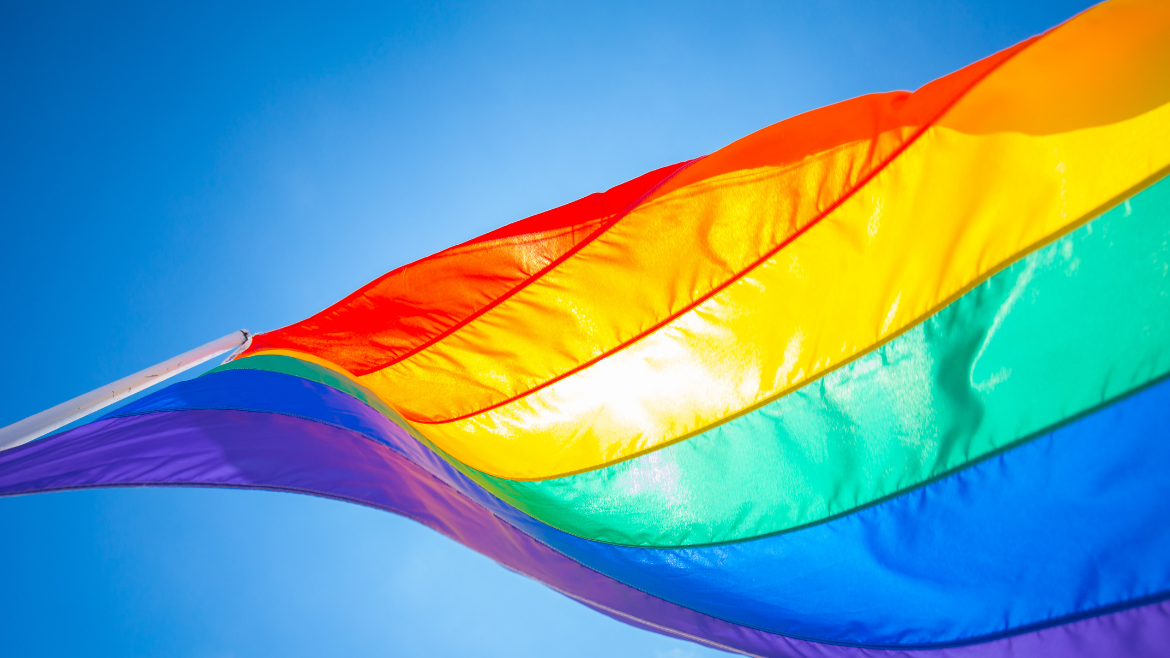For years, lesbian, gay, bisexual and transgender (LGBT) people in Asia have watched as their counterparts in the US, Europe and Latin America have toppled one barrier to equality after another. Only in the past decade or so has a serious reckoning with Asia’s legal and social environment for LGBT rights taken place—remarkably late for a continent of such rapid development. Yet positive change is here, and more is coming.
The fourth year of The Economist Intelligence Unit’s Pride and Prejudice research illustrates that the business community in Asia is growing more tolerant, more open and more accepting of LGBT workers. Based on a survey of executives and the general public in both Asia and overseas, the data show that this shift is occurring in broader society alongside the corporate world. Proving this point, Taiwan’s ground-breaking legalisation of same-sex marriage in May 2019—a first for an Asian jurisdiction—was announced shortly after the survey was completed.
Significantly, the survey shows that various metrics of LGBT diversity and inclusion (D&I) in companies have improved since 2015, the first year of the Pride and Prejudice initiative. The share of Asia-Pacific executives who believe there are prominent LGBT advocates in their company increased by six percentage points. Those who believe there is a return on investment to LGBT-progress-raising measures grew by ten percentage points. And those who would like their firms to increase funding for LGBT D&I shot up by 11 percentage points.
From a broader perspective, survey respondents believe that Asian society is becoming a more welcoming place for LGBT people. Almost three-quarters (74%) say the climate is more open than it was three years ago, in line with findings from North America, Europe and Latin America. Nearly half of respondents also see a future in which same-sex marriage—largely considered the highest attainable goal for LGBT social progress—becomes law of the land across Asia.
Yet significant hurdles remain. The research highlights the role of religious groups as vocal deterrents to full equality—the top reason cited by those who believe the climate for LGBT people in Asia-Pacific has become less open over the past three years was anti-LGBT advocacy by religious institutions. This adds to expectations for companies to be more proactive about protecting LGBT staff in hostile or unfriendly places; the share that agreed with this sentiment in Asia-Pacific has grown by eight percentage points since 2015. Yet the share of respondents who say that increases in LGBT diversity in their firms have been limited or non-existent has risen by eight percentage points in that same three years.
The data demonstrate that even as it seems that progress is advancing apace, much more is needed to ensure full equality. Businesses are only one part of the diverse mosaic of cultures, traditions, histories and geographies in Asia, a place where LGBT people can be vilified in one corner and celebrated in another. Companies have an important role to play, both as internal community-builders for their own LGBT staff, as well as external advocates for greater change on an already fast-changing continent.
The Economist is a proud champion of liberal values. We argued in favour of same-sex marriage in 1996 and have long been vociferous champions of the LGBT agenda. In 2016 we created Pride and Prejudice, our first 24-hour worldwide event focusing on the significance of LGBT inclusion in all aspects of business and politics. Chaired by senior editors from The Economist, our 2019 gathering will again debate how governments, companies and individuals can become advocates, and help improve the legal rights of LGBT people worldwide.
Visit the Pride and Prejudice website to stay tuned for the report launch and join the discussion at #EconPride.
The views and opinions expressed in this article are those of the authors and do not necessarily reflect the views of The Economist Intelligence Unit Limited (EIU) or any other member of The Economist Group. The Economist Group (including the EIU) cannot accept any responsibility or liability for reliance by any person on this article or any of the information, opinions or conclusions set out in the article.




